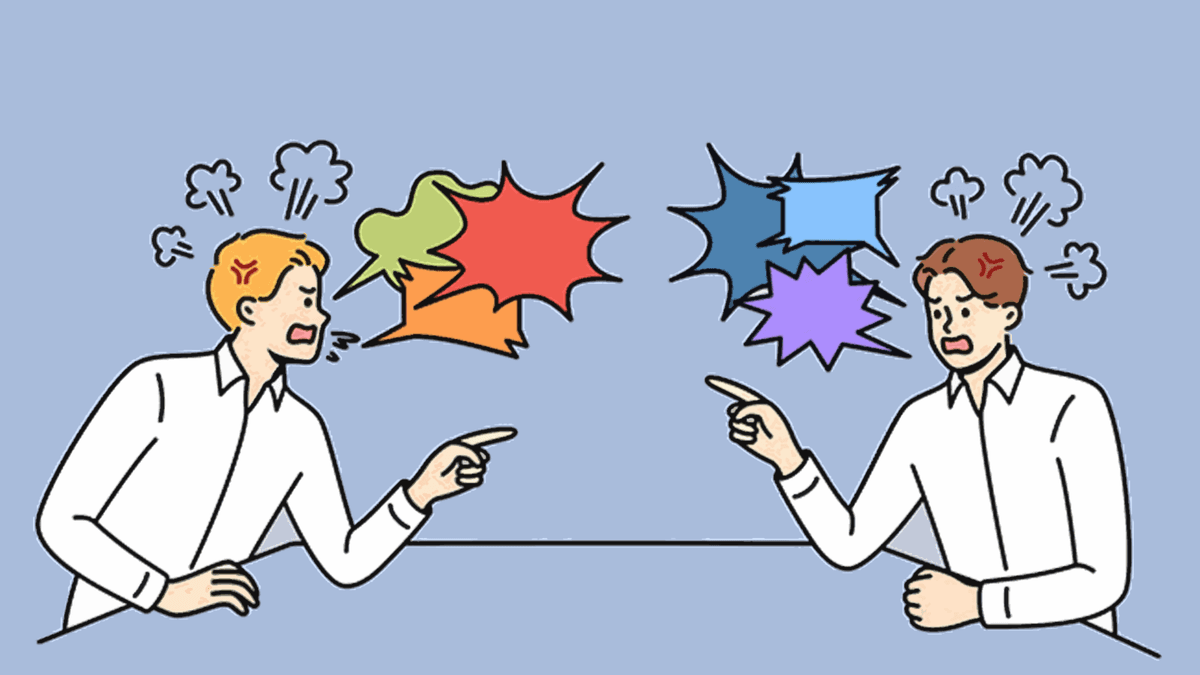Deductive vs. Inductive Reasoning: How Our Brains Figure Things Out

Deductive and inductive reasoning help you make smart guesses, solve problems, and convince others with facts.
The Dive
Imagine someone took the last cookie from the jar. You don’t see who do it—but you spot crumbs on someone's shirt, chocolate on their face, and the lid left off. You start putting clues together. That’s your brain using reasoning—a smart way of figuring out the truth.
There are two main ways we do this: deductive reasoning and inductive reasoning.
Deductive reasoning is like solving a mystery backwards. You start with a big rule or fact, and then apply it to something specific. If your rule is true, your conclusion should be too. For example, if all birds lay eggs and a penguin is a bird, then penguins lay eggs. You took a true rule and applied it to a penguin. Deduction works when your starting rule is solid.
But sometimes, people mess up deduction by starting with a false or faulty rule. For example, if someone says all cats are girls, then this cat is a girl, that’s not good reasoning. Not all cats are girls, so the conclusion falls apart. That’s the danger of starting with a bad idea.
Inductive reasoning, on the other hand, is when you look at patterns and make a guess. You might not be totally sure, but you notice something happening again and again. If you see three squirrels in the park and all of them are eating nuts, you might guess that most squirrels like nuts. That’s a fair guess based on what you saw, even if it’s not always true.
Both kinds of reasoning are useful. Deductive reasoning is strong when your facts are true. Inductive reasoning helps when you're figuring things out from what you observe in the real world.
Here’s a logic puzzle using deduction: A, B, and C each saw a raccoon in the backyard. One saw it at dawn, one at noon, and one at dusk. A says, ‘I wasn’t awake at dawn.’ B says, ‘I saw it after lunch.’ C says, ‘I didn’t see it in the morning.’ Can you figure out who saw the raccoon when?
Why It Matters
When you know how to reason, you become a better thinker and problem solver. You can spot unfair arguments, ask better questions, and make smart choices based on facts—not just feelings or guesses. It makes your ideas clearer, your decisions smarter, and your arguments stronger. Whether you’re doing a science experiment or deciding what movie to watch, reasoning gives you brain power that lasts a lifetime.
?
Can you think of a time when you used deductive reasoning to figure something out?
Why is it important to make sure your starting facts are true when you use deduction?
What’s a pattern you’ve noticed in nature that might help you make a guess using inductive reasoning?
How can reasoning help you solve problems with friends or family?
What makes an argument strong—or weak?
Dig Deeper
Deductive reasoning is used to reach a logical true conclusion. Another type of reasoning, inductive, is also used. Often, people confuse deductive reasoning with inductive reasoning, and vice versa.
Related

Spotting Logical Fallacies & Questioning Assumptions
When someone tries to trick your brain with bad logic, can you catch it? Learn how to spot common logical fallacies—and why asking smart questions makes you a better thinker.

Constructing Rebuttals: The Art of Respectful Disagreement
A strong rebuttal isn’t about being louder, it’s about being smarter. Learn how to listen closely, spot weak points, and respond with logic, respect, and confidence.

What Is Logic and Critical Thinking? Learning to Think for Yourself
Have you ever asked, 'Wait, does that really make sense?' Then you’ve used critical thinking! Learn what logic is, how to ask smart questions, and how to use your brain like a superhero detective.
Further Reading
Stay curious!
